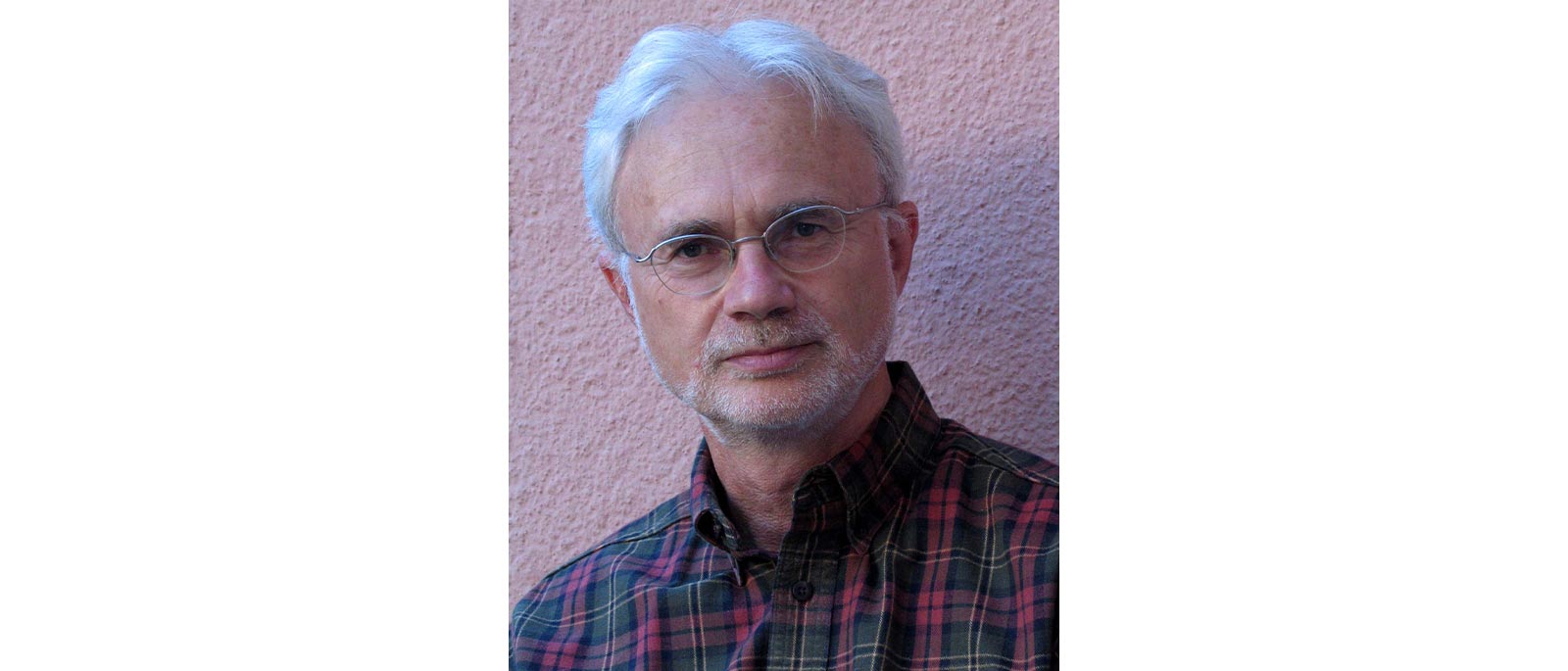
Scientific American
Before his explosive opera Doctor Atomic premiered at the Met in 2008, American composer John Adams reflected on his work at the forefront of modern opera, his sources of inspiration, and the telltale signs of a good story. By Thomas May
You count Doctor Atomic among your most significant achievements. Why is that?
What gives me the most satisfaction are those pieces that weave American cultural and historical material into a work of music drama, using a few choice symbols to summon up the essence of America’s collective psyche. The atomic bomb is the most emphatic symbol expressing the American predicament in the world at this moment. It expresses the triumph of technological and scientific prowess. At the same time, the lamentable fact that we are the only nation in the world that has used the atomic bomb is a moral burden that we have to carry. The manipulation of the atom, the unleashing of that formerly inaccessible source of densely concentrated energy, is the great mythological tale of our time.
Unlike many opera composers who remain specialists in the art form, you have an extraordinary ability to move back and forth between the stage and the concert hall. You even wrote a Doctor Atomic Symphony.
One thing I love about writing for the stage is that I’m prodded to devise new ways to represent something musically. For example, the landing of Air Force One on the runway in Beijing [in Nixon in China], or what it must have felt like to be on the floor of the New Mexico desert in the incredibly tense moments before the world’s first nuclear bomb went off—these are images that force the composer to go beyond his normal way of doing things. And when I return to instrumental music after these experiences, I find that it has profoundly enriched my musical vocabulary. Fearful Symmetries is a work that used the idiom I had developed in Nixon, and it ended up becoming a successful dance piece and my most choreographed work. My Chamber Symphony and Violin Concerto could not have existed had it not been for the kind of new chromatic writing that I developed in The Death of Klinghoffer. I couldn’t imagine my musical language being where it is now, in 2008, were it not for the experiences I’ve had writing for the stage.
How long before you tend to want to start a new opera?
I’ve already got the itch. Usually after I finish an opera I say, “That’s it for a long time,” and then a year or two later I find I get the itch. Sometimes other people suggest a story too, as Pamela Rosenberg [former general director of San Francisco Opera] did for Doctor Atomic. I never would have thought of Oppenheimer as a subject on my own.
What makes it so difficult to land on the right subject matter?
To find a story that is compact—sort of like a uranium atom—it has to be capable of holding an enormous amount of energy in a small package. That’s why novels are often failures when it comes to being adapted to the stage. Each one of my operas has a unique dramatic conceit.
Why did you decide to write your memoirs?
I just started writing—actually during the most intense stage of working on Doctor Atomic (go figure!)—and found that writing prose was equally as satisfying to me (and a lot easier) than writing notes. The good feedback I was getting from readers of Hallelujah Junction stimulated me to write the libretto for my next opera, A Flowering Tree.
What has been most satisfying for you about the course Doctor Atomic has taken since its world premiere in 2005?
I was very happy that in both San Francisco and Chicago the productions seemed to provide almost an electrical charge to the cultural community, in the sense that intellectual people from all different walks of life came to see it because they were curious about a work of art that dealt with these matters. Some people told me they had gone back to see it four or five times. It was also a successful draw in Amsterdam at the Netherlands Opera. That’s very encouraging, because it’s a serious work and it’s daunting on many levels. At the Met, a lot of intelligent and thoughtful people will see it, and I’m very pleased about that.